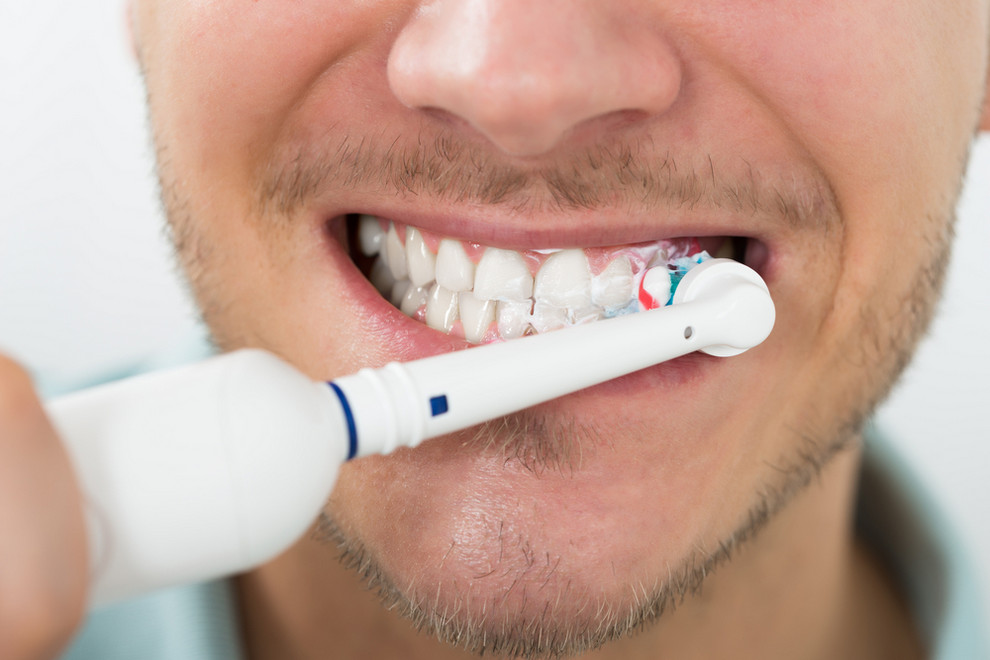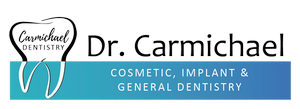When it’s time to retire the old toothbrush and shop for a new one, you may be wondering if electric toothbrushes are better than manual ones. While the American Dental Association (ADA) recommends both electric and manual toothbrushes, each one comes with its own benefits and drawbacks. Studies indicate that electric brushes beat manual ones when it comes to removing plaque and preventing gingivitis. If that’s all the convincing you need, by all means, go out there and buy one! If you want to dig a little deeper into the differences between the two, then this blog is for you.
Benefits of Electric Toothbrushes
A study found that people who use electric toothbrushes have less tooth decay, healthier gums, and keep their teeth longer than those who use a manual brush. The study took 11 years to complete, and it the longest of its kind, determining the effectiveness of the two. The Journal of Clinical Periodontology found electric brushes resulted in 18% less tooth decay and 22% less gum recession over the 11 years.
Since electric brushed do most of the work for you, they’re helpful for people with limited mobility such as arthritis, carpal tunnel, or disabilities. You’re more likely to get rid of plaque in those hard-to-reach places, and electric toothbrush heads that oscillate (rotate in both directions) tend to remove plaque more efficiently than vibrating brushes.
While price is often the reason people don’t make the switch, electric toothbrushes are becoming more accessible than ever. The technology’s developed, and the costs have lowered, making them even more affordable. Additionally, many of them come with built-in features such as timers, pressure sensors, or alerts to replace the brush head. Remember that electric toothbrushes are not a substitute for flossing, and you should still floss at least once a day.

Benefits of Manual Toothbrushes
When used twice per day with the proper technique, manual toothbrushes are an effective method of reducing the buildup of plaque and lowering the chance of developing gingivitis. Compared to electric toothbrushes, manual ones are much less expensive. For electric brushes, you can expect to pay anywhere from $15-$250 for the brush and an additional $10-$45 for a pack of replacement heads. On the other hand, manual ones are available just about anywhere and only cost around $1-$3. They’re ideal for traveling since you don’t need to charge them, and if you lose one, you can easily find a replacement at any gas station, dollar store, or grocery store.

Carmichael Dentistry
We hope you found this blog informative and helped you determine if electric toothbrushes are better than manual ones. Like most purchasing decisions, the choice comes down to your personal preferences and needs. Regardless of which type of brush you’re using, we always recommend brushing twice a day for two minutes using fluoride toothpaste. Don’t forget to floss once a day, rinse with mouthwash, and visit your dentist at least twice per year. If you have any dental questions or want to schedule your next appointment with Dr. Carmichael, give us a call at (858) 484-2560 or contact us on our website today.




